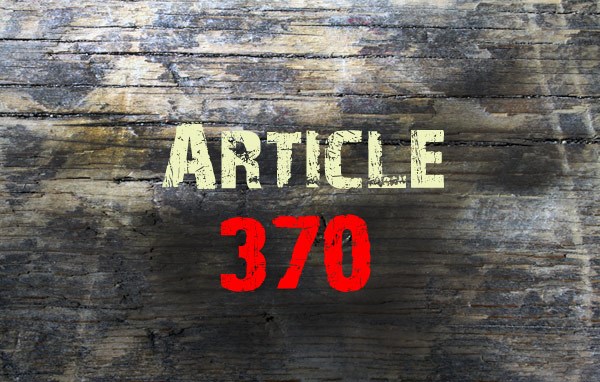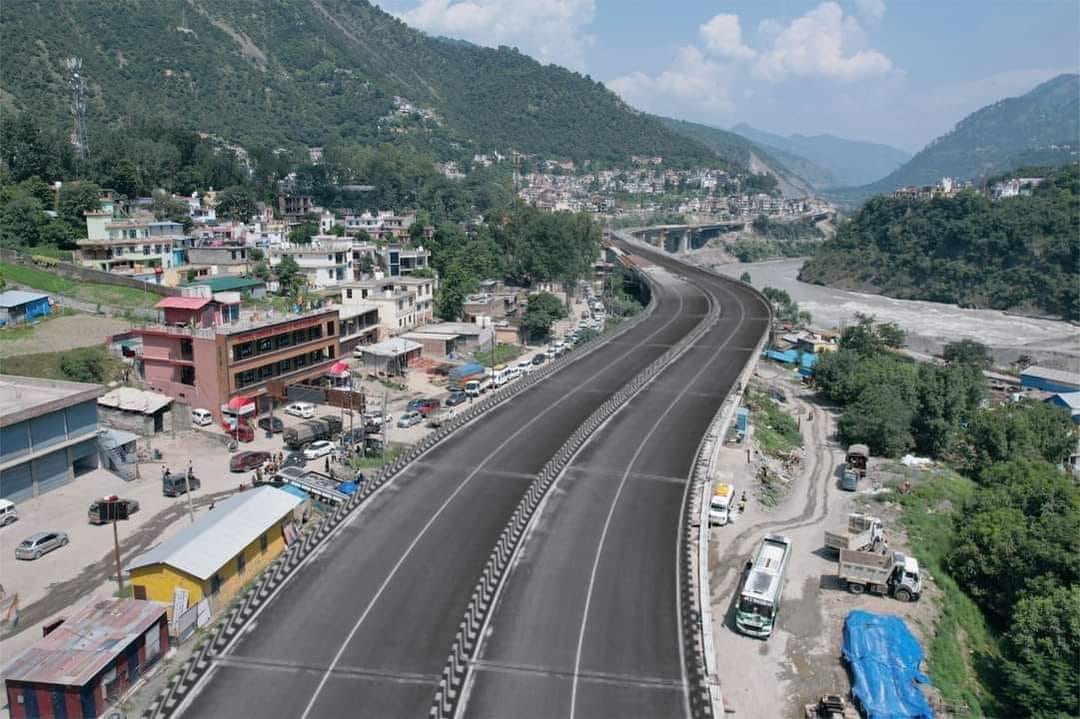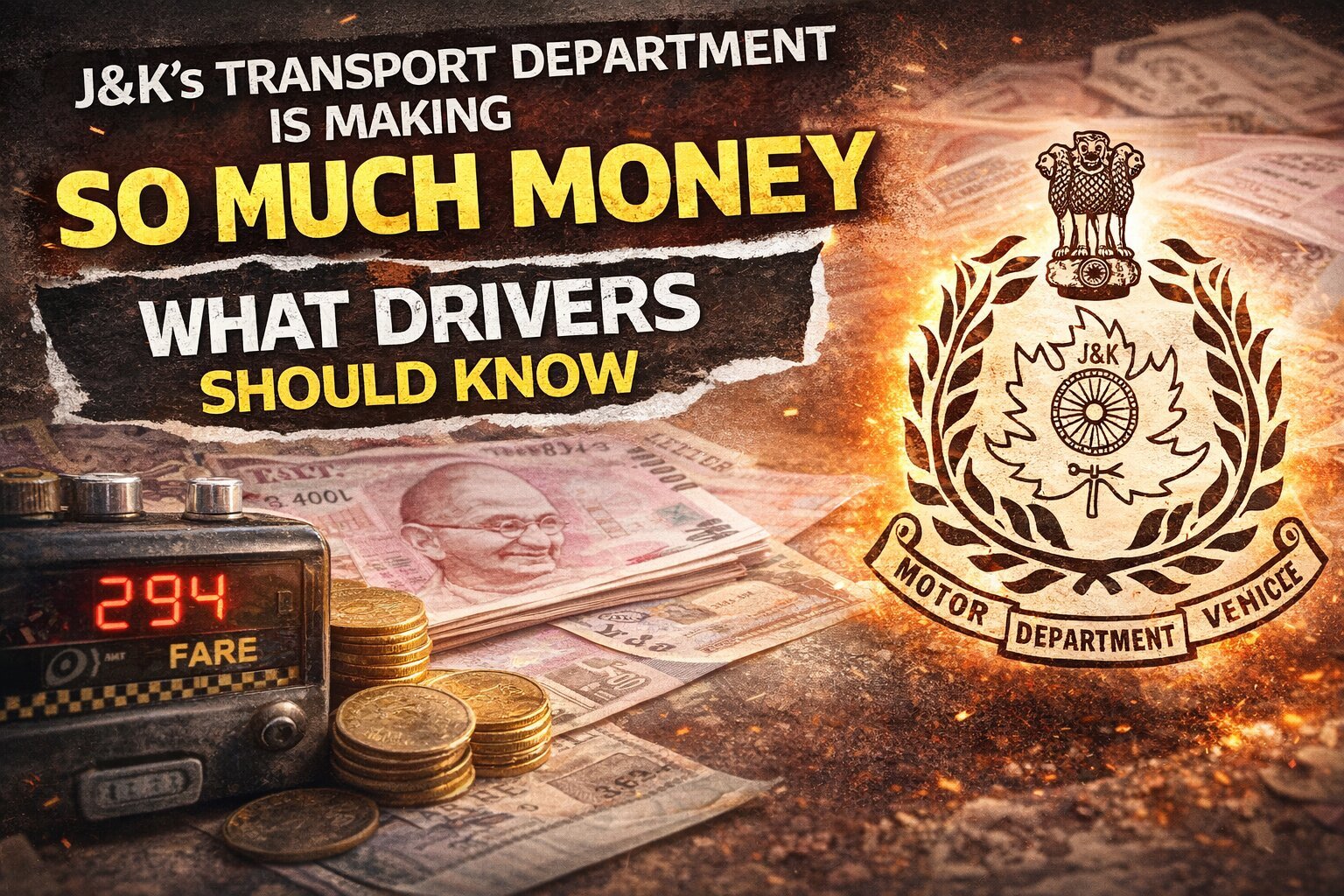As the State Cabinet headed by Chief Minister Mehbooba Mufti yesterday approved draft legislation on Goods and Services Tax (GST) in a detailed presentation Finance Minister Dr Haseeb Drabu informed the Cabinet that only the relevant provisions of the 101st Constitutional Amendment Act will be presented before the State Legislature for ratification. He further apprised the Cabinet that the implementation of GST in no way infringes upon Article 370 or the Constitution of the State of Jammu and Kashmir.

Read Also: Jammu & Kashmir all set to pass GST as cabinet approved draft legislation on GST
The Finance Minister apprised the Cabinet that Section 5 of the Constitution of Jammu and Kashmir will remain untouched from where the State Government derives the financial autonomy and power of taxing.
When the GST is extended to the state after being passed by the state Assembly, there would be “no compromise in any way” on Article 370, he said. “The J&K will be having its own SGST (state GST) while other states have a uniform SGST apart from the IGST (integrated GST) and CGST (central GST). In J&K and north-eastern states, it will be like VAT while there are no exemptions in the GST, the Finance Minister said. The Finance Minister clarified that in case the GST was not made applicable, there would be no business and traders would have to pay two taxes. The state would benefit from the GST, he said, adding that the government has been in constant touch with the traders’ community in the state over the issue since December last year.
This means that the State Government shall remain free to levy any additional tax or new taxes on such commodities which doesn’t come under the preview of GST.















